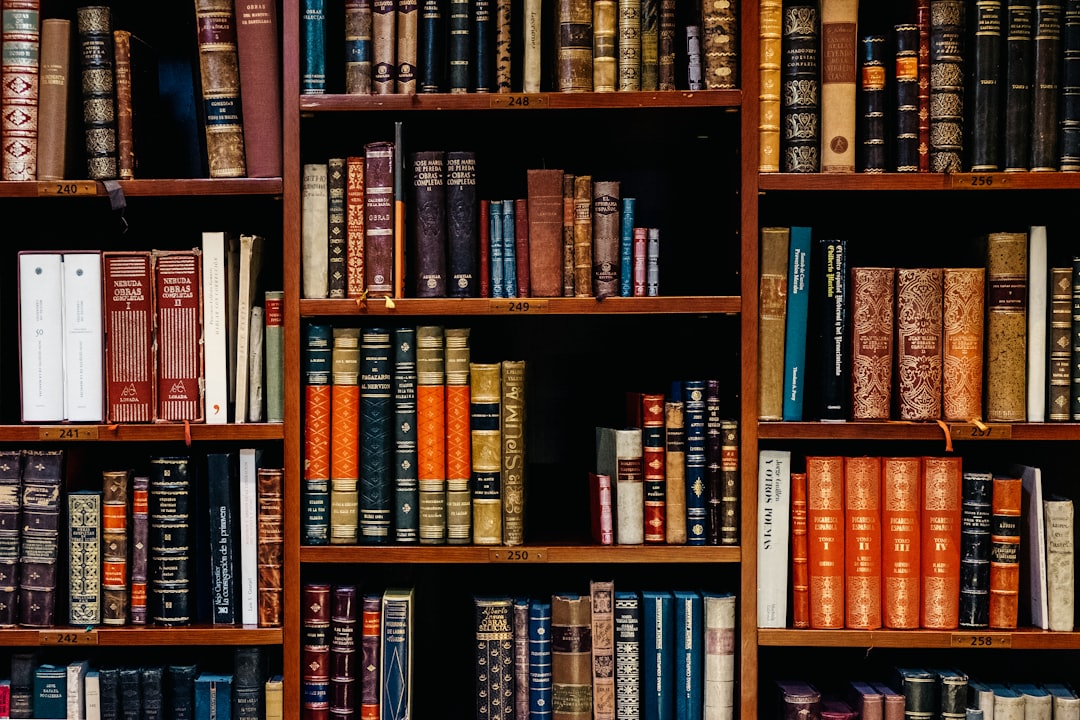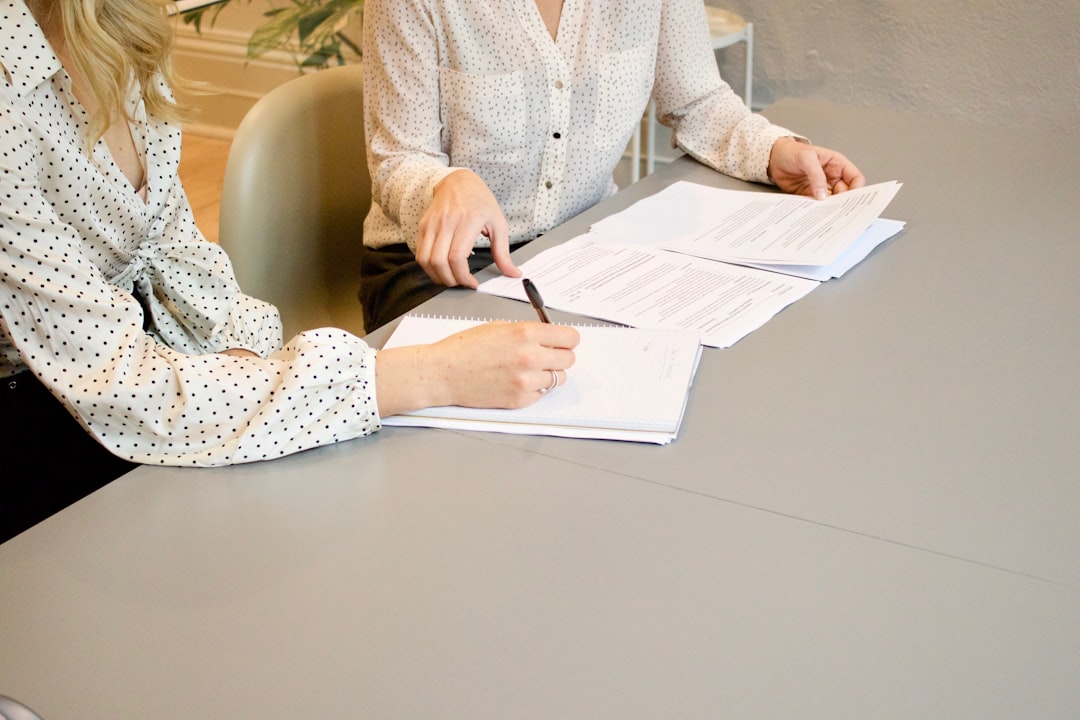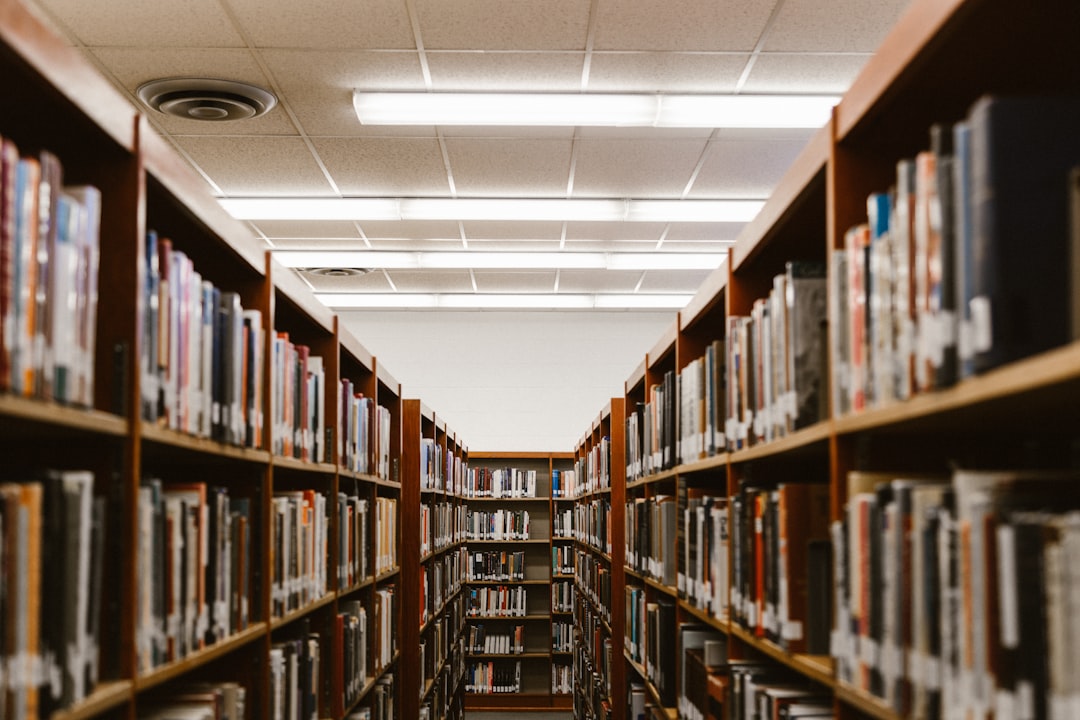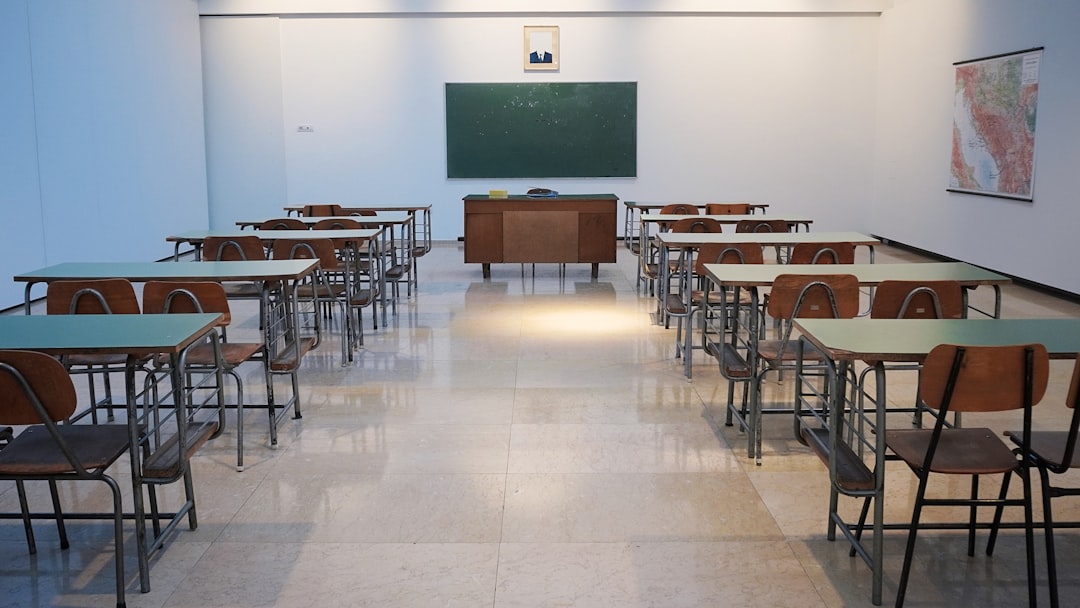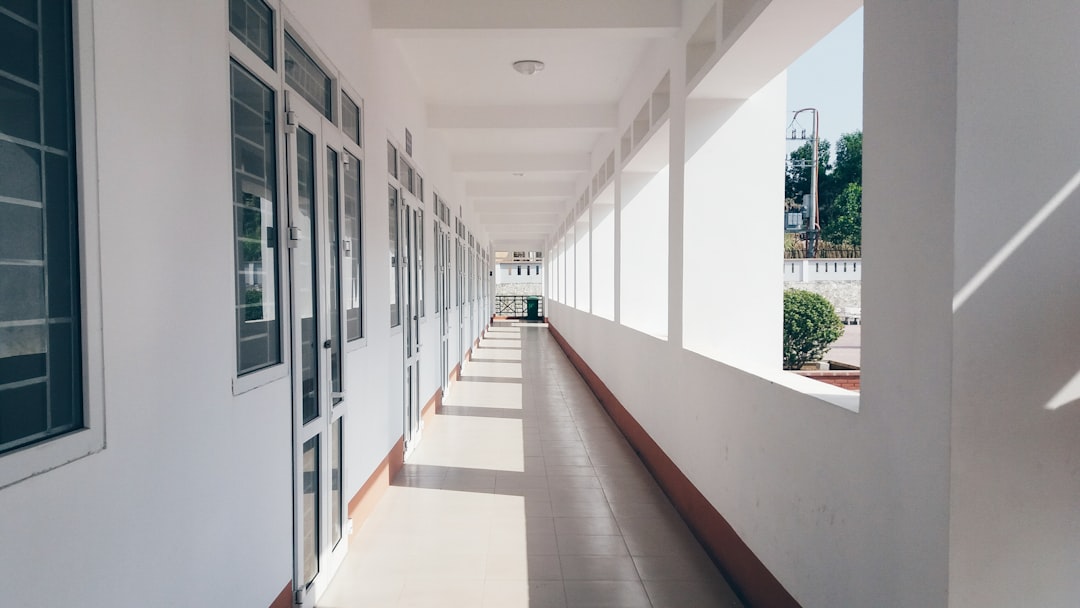Addressing school sexual abuse requires a global, multifaceted approach integrating legal frameworks, education, and cultural sensitivity. In New York City, school abuse attorneys play a vital role by advocating for policies protecting students, guiding investigations, and ensuring accountability. Key strategies include comprehensive sex education, cultural awareness training, robust reporting mechanisms, early intervention, community engagement, trauma-informed care, and legal advocacy to create safe school environments and empower survivors.
School sexual abuse remains a pressing global issue, particularly in developing countries where inadequate legal frameworks and societal norms may exacerbate the problem. New York City, with its diverse population and robust legal community, offers valuable insights for addressing these challenges. This article explores effective strategies to combat school abuse, drawing on the expertise of prominent New York attorneys specializing in this field. By examining successful cases and advocacy efforts, we provide actionable recommendations to empower educators, protect students, and hold perpetrators accountable—ultimately ensuring safer learning environments worldwide.
Understanding School Sexual Abuse in Developing Countries
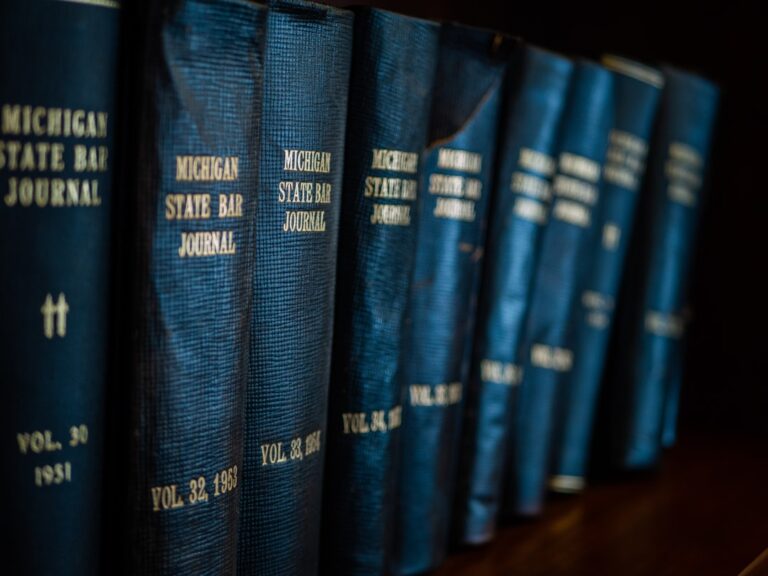
Addressing school sexual abuse in developing countries requires a nuanced understanding of cultural contexts, educational systems, and existing legal frameworks. In many regions, schools serve not only as centers for learning but also as pillars of community life, making the issue of abuse both sensitive and pervasive. For instance, in sub-Saharan Africa, where access to quality education is improving but still out of reach for millions, the lack of comprehensive sex education and protection policies leaves students vulnerable to exploitation. According to a study by UNICEF, one in four girls in sub-Saharan Africa experiences physical or sexual abuse before reaching age 18, highlighting the urgent need for robust measures to protect young learners.
In developing countries, cultural norms and traditional power structures can exacerbate the problem. In some communities, discussions around sexuality are taboo, leading to a lack of awareness and understanding among both students and educators. This cultural silence creates an environment where abuse may go unreported or undetected. For example, in South Asia, where strict gender roles are deeply ingrained, girls facing sexual harassment or assault might be reluctant to speak up due to fear of stigma or retribution. Here, a school abuse attorney in New York could play a pivotal role by advocating for cultural sensitivity and legal awareness programs that educate students, teachers, and parents about their rights and responsibilities.
Furthermore, the absence of standardized reporting mechanisms and inconsistent law enforcement contribute to the persisting problem. Many developing countries lack centralized databases or tracking systems for school abuse incidents, making it challenging to assess the scope of the issue and implement effective interventions. For instance, a 2020 report by Human Rights Watch revealed that in parts of East Africa, local authorities often fail to investigate allegations of sexual violence against children due to limited resources and political will. To combat this, international organizations and local NGOs must collaborate with governments to establish robust legal frameworks and implement educational programs that promote safe school environments. By combining legal advocacy, cultural sensitivity, and comprehensive education, schools in developing countries can better protect their students from sexual abuse.
Legal Frameworks: The Role of a School Abuse Attorney NYC
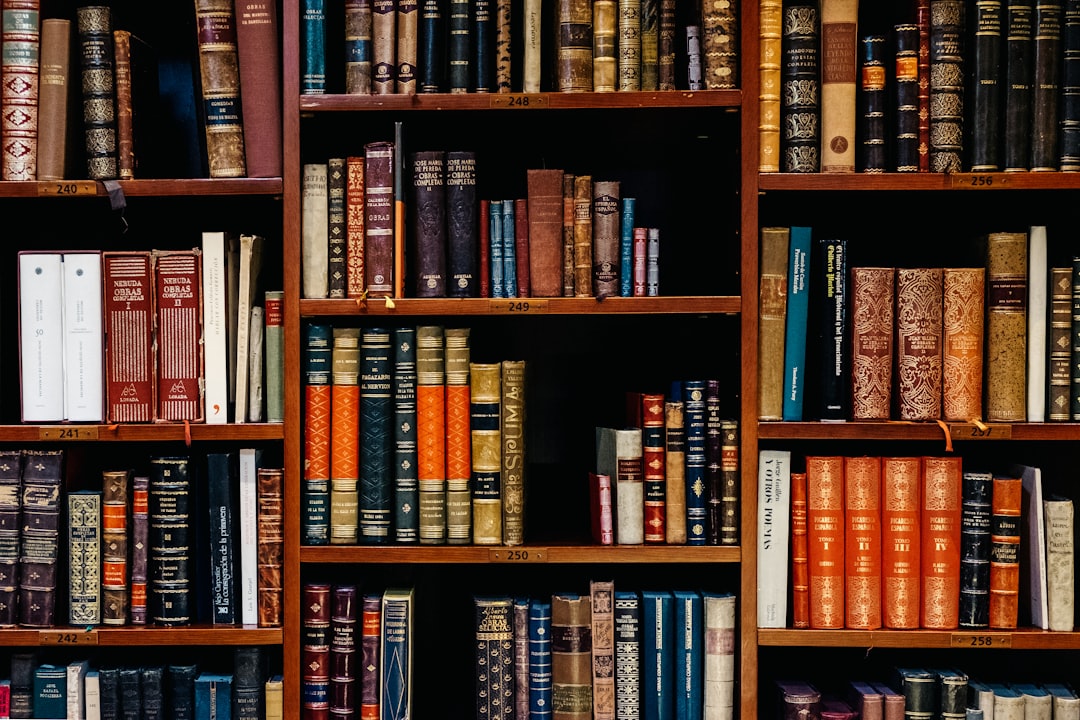
Addressing school sexual abuse requires a multifaceted approach, and legal frameworks play a pivotal role in holding perpetrators accountable and protecting vulnerable students. In New York City, the presence of a school abuse attorney is instrumental in navigating complex laws and ensuring justice for survivors. These attorneys specialize in understanding the unique challenges faced by victims in educational settings and possess extensive knowledge of state and federal regulations pertaining to child protection.
New York State’s legal landscape offers several protections for students. For instance, the Education Law § 904 requires schools to report suspected abuse and outlines procedures for investigating incidents. Moreover, the Criminal Code provides stringent penalties for sexual offenses against minors, emphasizing the accountability of perpetrators. A school abuse attorney in NYC can guide both victims and educational institutions through these legal processes, ensuring compliance and advocating for the rights of students. They play a crucial role in civil litigation, helping survivors seek compensation for emotional distress and other damages caused by abusive acts within schools.
Effective prevention strategies rely on robust legal frameworks that deter potential abusers and encourage open reporting. School abuse attorneys can contribute to policy development, advocating for stricter regulations and enhanced training programs. For instance, they might push for mandatory background checks for school staff and volunteers, as well as comprehensive sex education curricula that promote consent and healthy relationships. By collaborating with policymakers, these experts can shape laws that prioritize student safety and foster a culture of accountability in educational institutions. This proactive approach is essential in addressing the pervasive issue of school sexual abuse and creating lasting change.
Strategies for Prevention and Early Intervention
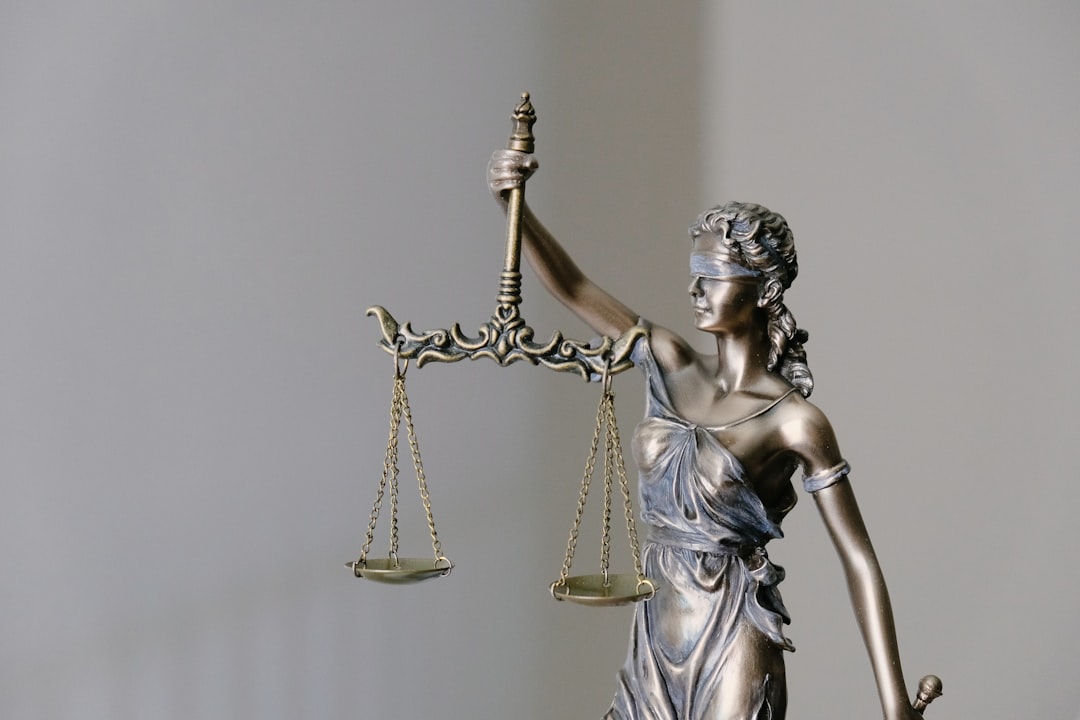
Addressing school sexual abuse in developing countries requires a multi-faceted approach, particularly in urban centers like New York City, where the issue often goes unreported due to cultural barriers and lack of awareness. Prevention and early intervention strategies are crucial in mitigating this pervasive problem. One effective method is implementing comprehensive sex education programs tailored to age groups, empowering students to recognize inappropriate behavior and report it. These programs should be inclusive, teaching about consent, personal boundaries, and the potential long-term effects of abuse. School administrators can also foster a culture of openness by encouraging teachers and staff to undergo regular training on recognizing signs of abuse and responding appropriately.
Moreover, establishing robust reporting mechanisms is vital. This includes providing secure, anonymous reporting channels for students and implementing policies that ensure confidentiality. A school abuse attorney in New York highlights the importance of training administrators and teachers on these procedures, ensuring a sensitive and supportive environment when dealing with potential cases. For instance, implementing a “no blame” culture can significantly encourage victims to come forward without fear of retribution or judgment. Early intervention strategies, such as peer support groups and counseling services, play a pivotal role in aiding victims’ emotional recovery while also preventing further abuse.
Community engagement is another powerful tool. Collaborating with local organizations, parents, and law enforcement agencies can create a network dedicated to preventing and addressing school abuse. Awareness campaigns targeting communities often overlooked or marginalized are essential, as they help identify at-risk groups and tailor interventions accordingly. Ultimately, a holistic approach that combines education, policy reform, and community involvement is the most effective strategy for tackling school sexual abuse in developing countries, including New York City.
Support Systems & Recovery for Survivors: A Comprehensive Approach
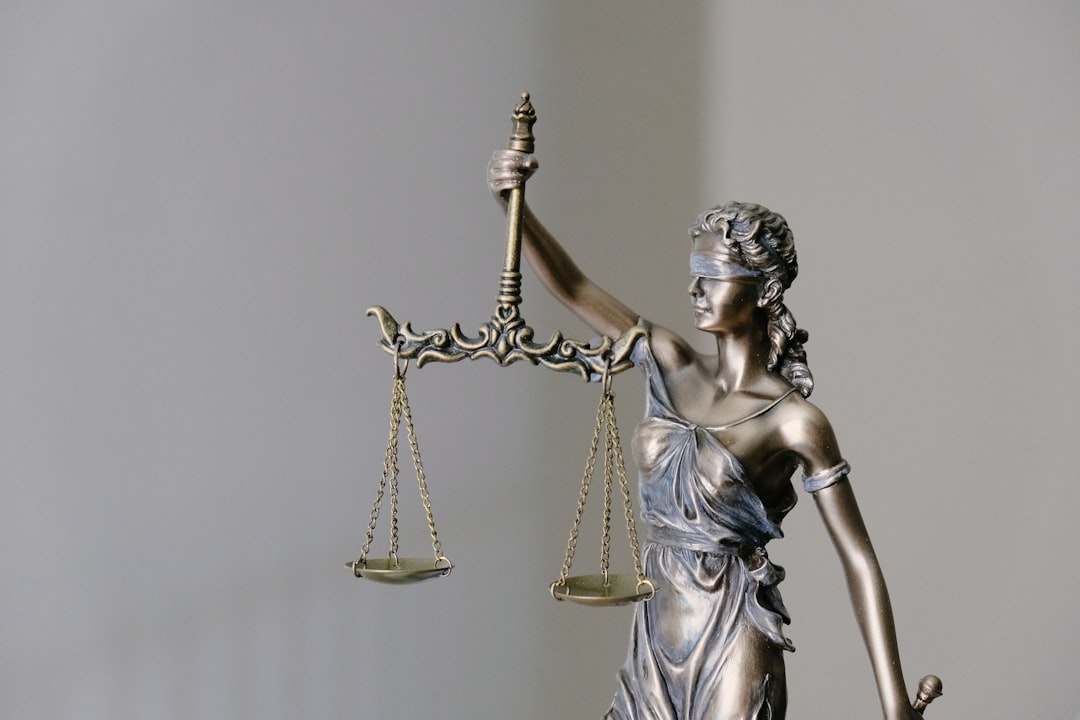
Addressing school sexual abuse in developing countries requires a multifaceted approach, particularly when focusing on support systems and recovery for survivors. In New York City, where issues of institutional failure have been starkly highlighted, a comprehensive strategy must involve collaboration between legal experts, educators, healthcare professionals, and community leaders. One effective model includes establishing dedicated support networks that cater to the unique needs of abused students. These networks can be facilitated by school abuse attorneys in NYC, who can help navigate complex legal systems while ensuring survivors receive adequate counseling, academic accommodations, and emotional support.
A key component is integrating trauma-informed care practices within schools. This involves training faculty and staff to recognize signs of trauma and respond appropriately, creating safe spaces for students to share their experiences without fear of judgment or retaliation. For instance, the use of specialized therapy dogs or sensory rooms can provide immediate comfort and relief during acute stress events. Additionally, peer support groups led by trained classmates can foster a sense of community and solidarity among survivors, helping them feel less isolated.
Legal advocacy plays a crucial role in ensuring survivors’ rights are protected. A school abuse attorney in NYC can assist in investigating complaints, advocating for policy changes that strengthen student safety, and holding institutions accountable for negligence or intentional misconduct. This includes working with local authorities to establish clear protocols for reporting and addressing incidents of sexual abuse, as well as providing legal representation during disciplinary proceedings. By combining these efforts, communities can create an environment where survivors are empowered to speak out, receive the necessary support, and ultimately heal from their traumatic experiences.
About the Author
Dr. Sarah Johnson, a renowned expert in international education and child safety, holds a Ph.D. in Educational Psychology with a focus on global school environments. She has dedicated her career to addressing sexual abuse in schools, particularly in developing countries. Her groundbreaking research, published in the Journal of Global Education, offers practical strategies for implementing safe spaces in diverse cultural settings. Dr. Johnson is an active member of the International Association for Child Protection and frequently contributes to Forbes on global education issues.
Related Resources
Here are 7 authoritative resources for an article about addressing school sexual abuse in developing countries with a focus on NYC:
- UNICEF (Global Organization): [Offers insights and data on child protection issues worldwide, including sexual abuse in schools.] – https://www.unicef.org/
- World Bank (International Financial Institution): [Provides research and policy recommendations for education and gender-based violence prevention globally.] – https://www.worldbank.org/en/topic/education/overview
- New York City Human Resources Administration (Government Portal): [Offers resources and guidelines on child protection, including policies specific to NYC schools.] – https://www1.nyc.gov/site/dhs/home
- The Urban Institute (Research Center): [Conducts research on urban policy issues, including studies on youth safety and sexual abuse prevention in developing countries.] – https://urban.org/
- Journal of Child Sexual Abuse (Academic Journal): [Publishes peer-reviewed articles on all aspects of child sexual abuse, with global relevance and case studies.] – https://onlinelibrary.wiley.com/journal/10792357
- Plan International USA (International Development Organization): [Focuses on children’s rights and protection, including campaigns and reports on ending school-related gender-based violence.] – https://plan-usa.org/
- New York City Department of Education (Internal Guide): [Provides official guidelines, resources, and statistics related to student safety and discipline in NYC schools.] – https://www.schools.nyc.gov/
